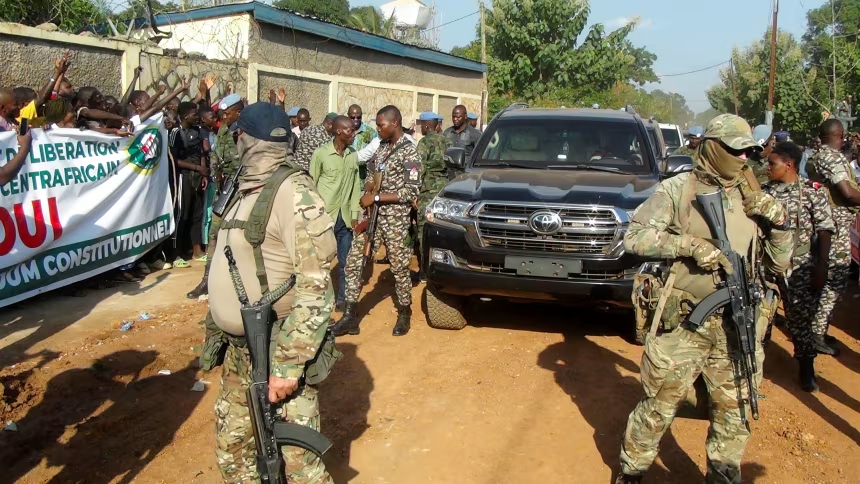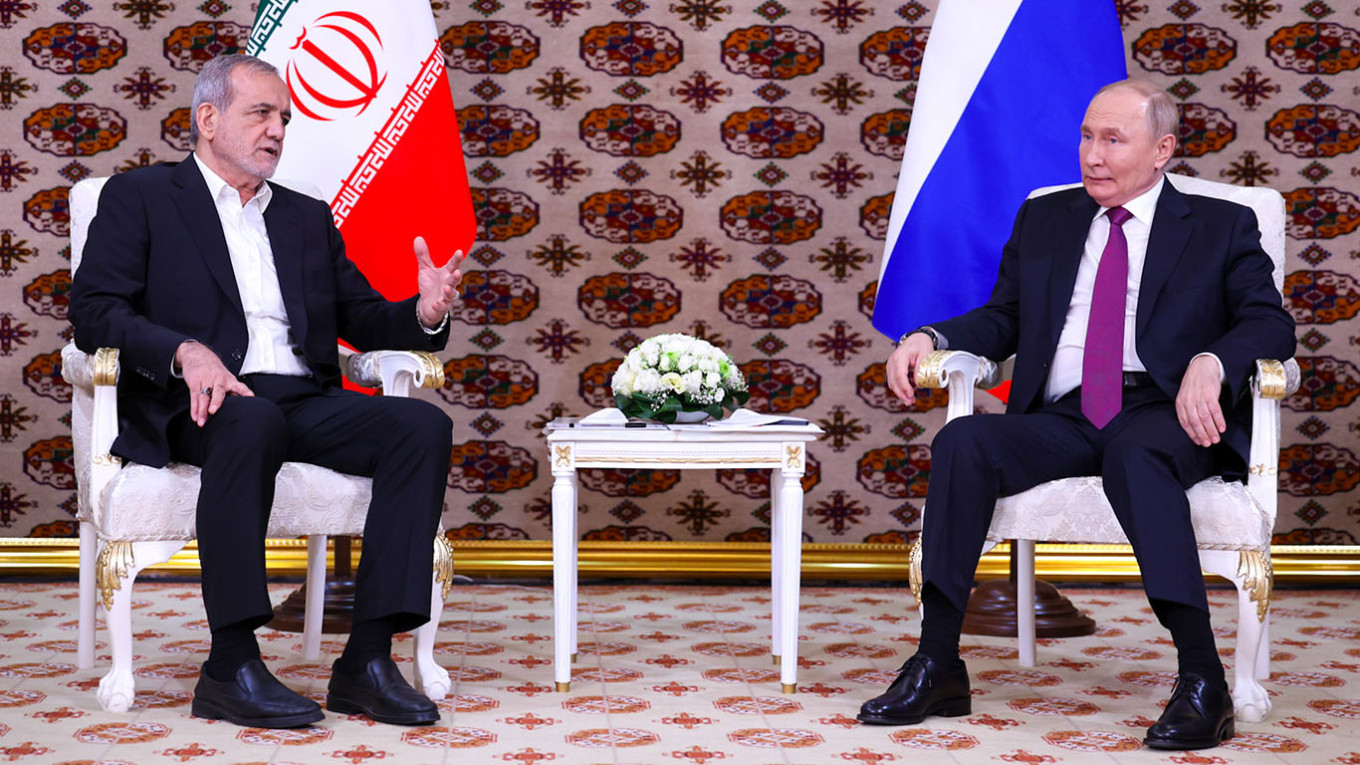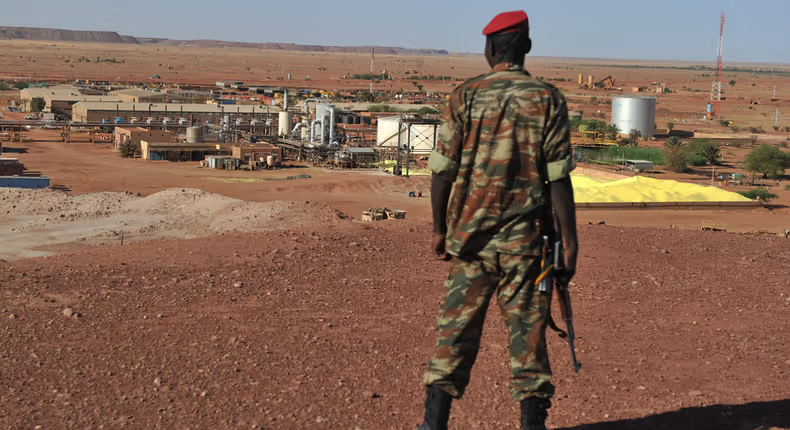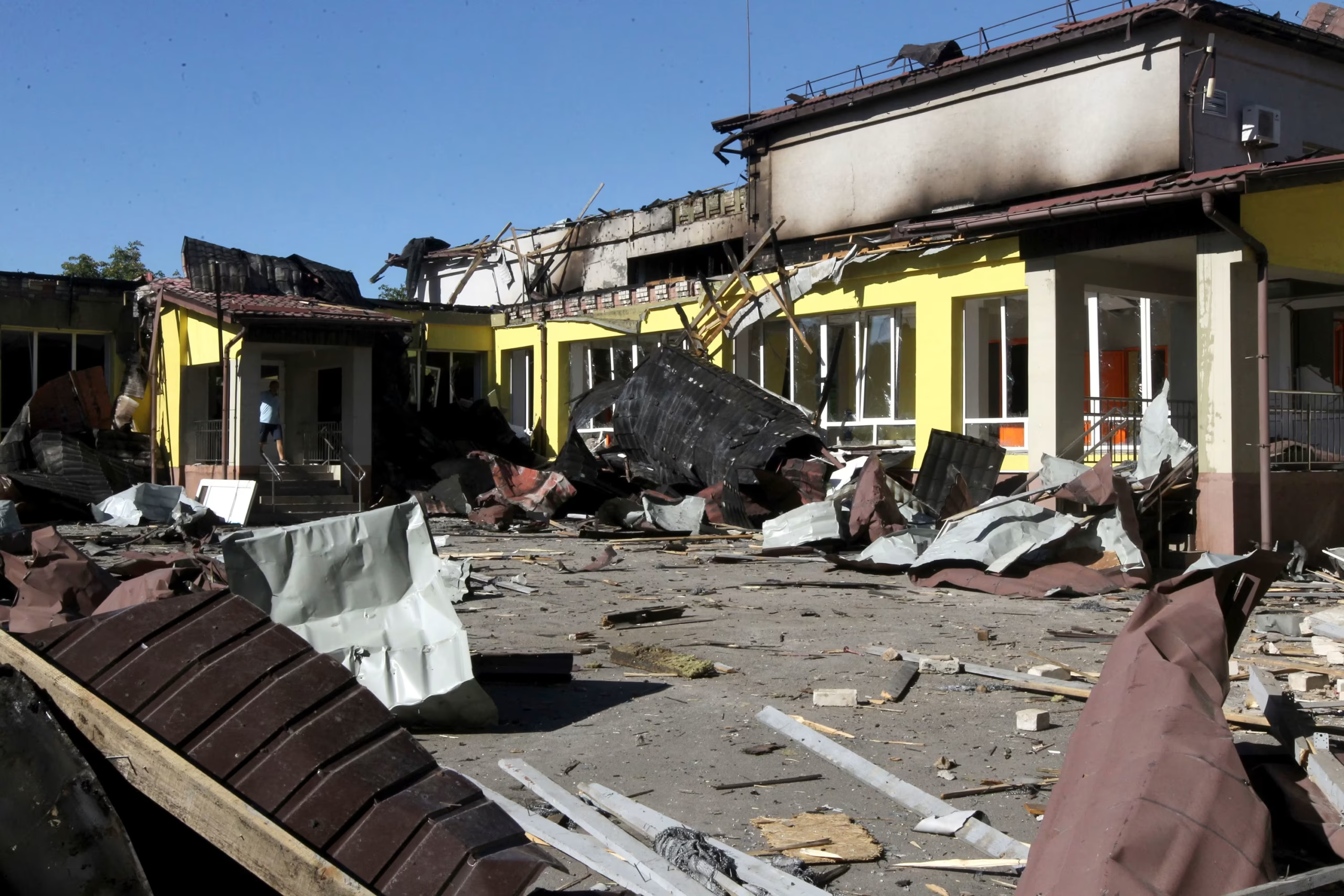Russia has officially restructured its operations in Africa by transforming the Wagner mercenary network into a new state-controlled entity known as the Africa Corps. This move signals Moscow’s determination to maintain and expand its influence across the continent, while tightening control over a force that once operated independently.
Following the death of Wagner founder Yevgeny Prigozhin in 2023, the Russian Ministry of Defense absorbed Wagner’s network and rebranded it as the Africa Corps. Reports suggest that between 70 and 80 percent of the Africa Corps is made up of former Wagner fighters, who now operate directly under Moscow’s command. This shift removes the ambiguity that once surrounded Wagner’s missions and positions the Africa Corps as a more formal extension of the Russian state.
The new structure allows Russia to project its military presence more openly in several African nations, including Mali, Niger, Burkina Faso, and the Central African Republic. In Mali, where Wagner had previously taken heavy losses, the Africa Corps continues to provide training and logistical support, though with a reduced combat role. In Niger and Burkina Faso, Moscow is strengthening partnerships with military governments that have distanced themselves from traditional Western allies.
The Central African Republic presents a more complicated case. Local leaders remain hesitant to fully transition from Wagner to the Africa Corps, pointing to existing ties and resource-sharing arrangements built over the years. Russia, meanwhile, is demanding more financial commitments from governments that want its security backing, underscoring the transactional nature of these new agreements.
Western analysts warn that the establishment of the Africa Corps eliminates the “plausible deniability” that Wagner once offered the Kremlin. By rebranding the group as a state-run paramilitary force, Russia is now openly accountable for its actions on the continent. Supporters of Moscow’s approach argue that the Africa Corps offers stability and protection to governments facing internal threats, but critics see it as a clear attempt to entrench Russian power while exploiting natural resources.
The emergence of the Africa Corps represents not only the continuation of Wagner’s legacy but also a strategic evolution. By placing its African operations under tighter control, Russia is signaling that its long-term ambitions in the region go far beyond private contracts—they are now a central piece of its geopolitical agenda.





